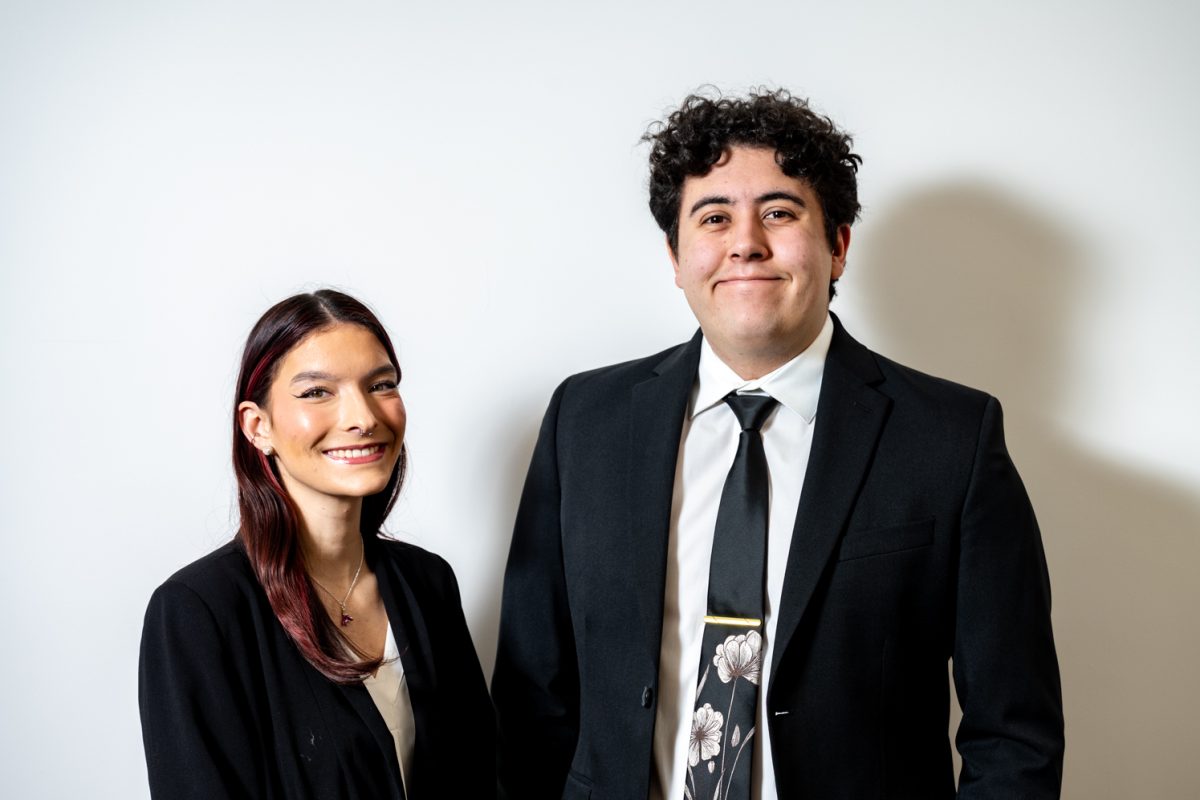The Americans with Disabilities Act of 1990 ensures that people with disabilities have equal opportunities with everyone else to participate in society.
However, despite there being several agencies in charge of enforcing the ADA, accessibility looks extremely different across the country.
Carol Thomas, the ADA coordinator for the City of Fort Collins, Terry Schlicting, an accommodations specialist with the Colorado State University Student Disability Center, and Alison Dawson, the director of programs for the non-profit Disabled Resource Services, all agree Fort Collins is not the most accessible place to live, but it is certainly not the least.
“I would say Fort Collins rates in the middle,” Dawson said. “We’re not super low, but I wouldn’t say we’re super high either.”
Schlicting said Fort Collins has done well in recent years with making sidewalks, streets and crosswalks more wheelchair accessible.
But the City is still lacking in housing accessibility and public transportation.
“The bus stops need updating,” Schlicting said. “There’s a lot of bus stops that don’t have any sort of seat or platform, and that makes it difficult for the ramp to come out on the bus. Sometimes you have to pick what stop you get off at.”
Fort Collins offers a Dial-A-Ride service, but the service range is not comprehensive throughout Fort Collins or neighboring cities. Dawson said many DRS clients living in Laporte, Colorado, have no way of reaching Fort Collins due to the location limitation.
Additionally, Dial-A-Ride requires passengers to wait within a 30 minute pick-up window and give at least an hour notice of a cancellation.
Dial-A-Ride requires an initial application, which cannot be completed online and reserves the right to suspend service if a passenger has three cancellation policy violations, according to its website.
“We try to stay on the side of proactive instead of reactive (in Fort Collins).” -Carol Thomas, ADA coordinator, City of Fort Collins
Issues such as these are only fixed when a civilian brings an official complaint to the City. Thomas said the Department of Justice runs a program called Project Civic Access that will evaluate a city’s ADA compliance and requires the city to make changes within a set time.
“If you go through that process, you have a very short time to make changes that can cost millions and millions of dollars,” Thomas said. “They’re really good because they make you sit up straight and say, ‘Wow, we really need to (pick) our priorities here.’ We try to stay on the side of proactive instead of reactive (in Fort Collins).”
Housing, in both price and physical accessibility, is another major issue for the Fort Collins community.
“In our community, one of the biggest needs and gaps for people with disabilities is subsidized housing,” Dawson said.
If someone is able to find affordable housing, finding physically accessible housing with ramps and roll-in showers is even more difficult, Schlicting said.
Schlicting is a member of the Commission on Disability for Fort Collins, which evaluates City projects for accessibility. The commission most recently worked on the Poudre River Whitewater Park, the Linden Street Project and New West Fest, looking at where accessibility issues may arise.
For instance, the commission implements audio buttons for people who are visually impaired to cross the street and considers the locations of disability spots and whether they are accessible for a van with a ramp that comes out, Schlicting said.
“(We) look for the accessibility of crosswalks, (and) we’ll look at what kind of pavers they’re using,” Schlicting said. “On Oak Street, they used the rounded cobblestone, and that’s been terrible for people in wheelchairs.”
Disability access and inclusion in Fort Collins and across the CSU campus is an ongoing enterprise that requires consistent education, awareness and evaluation.
Serena Bettis can be reached at news@collegian.com or on Twitter @serenaroseb.











